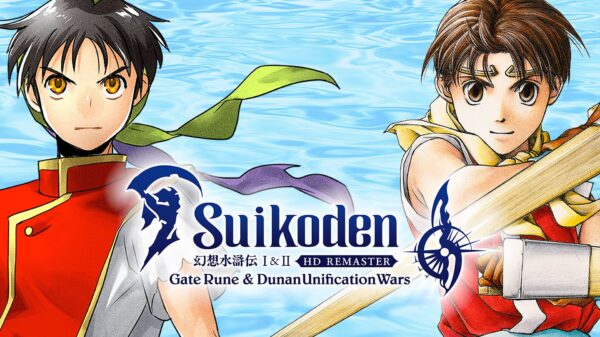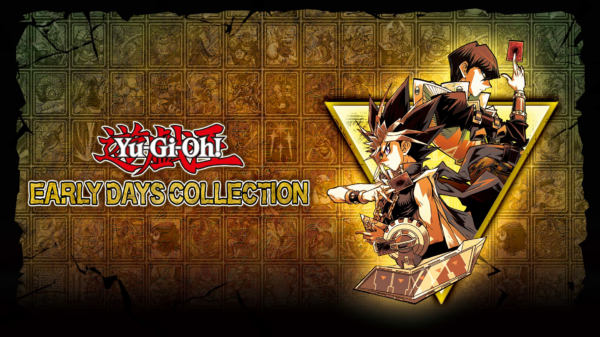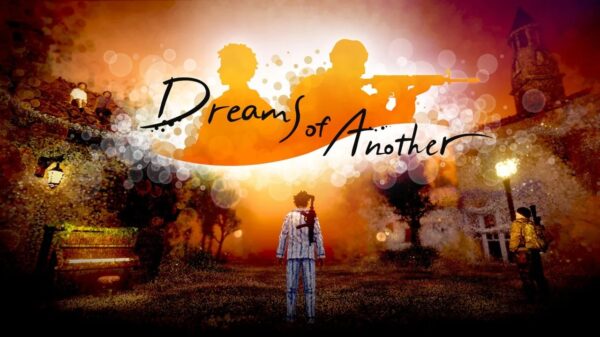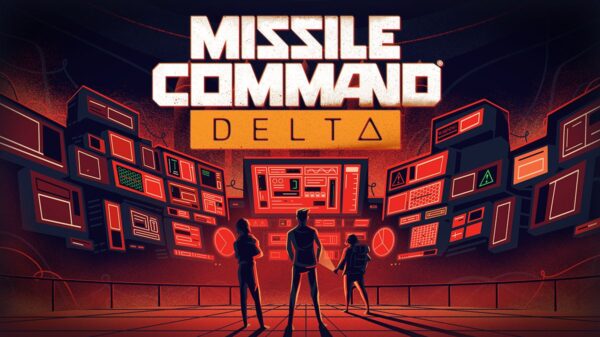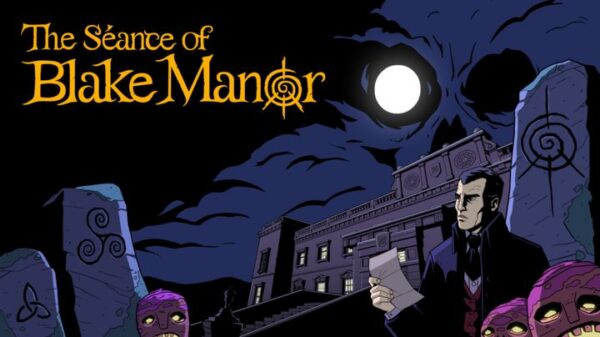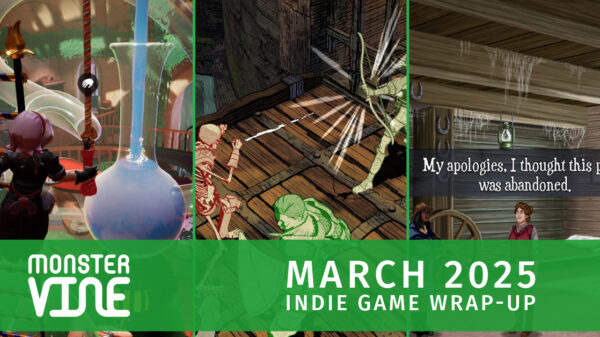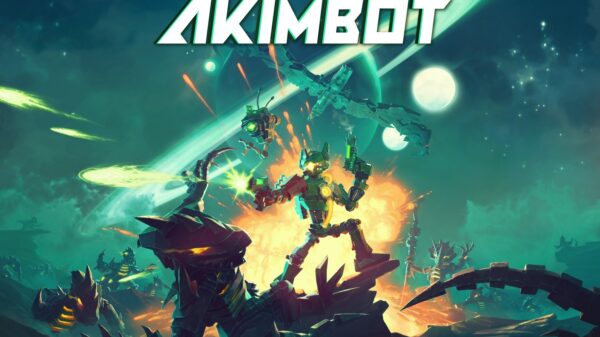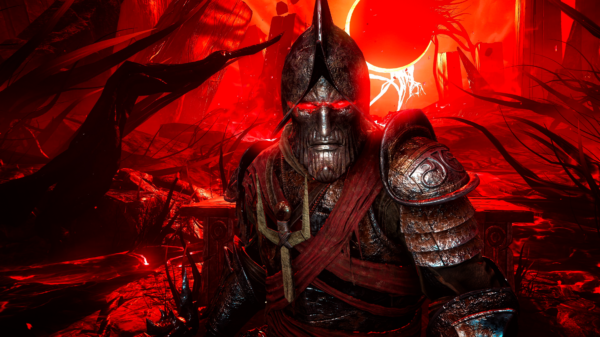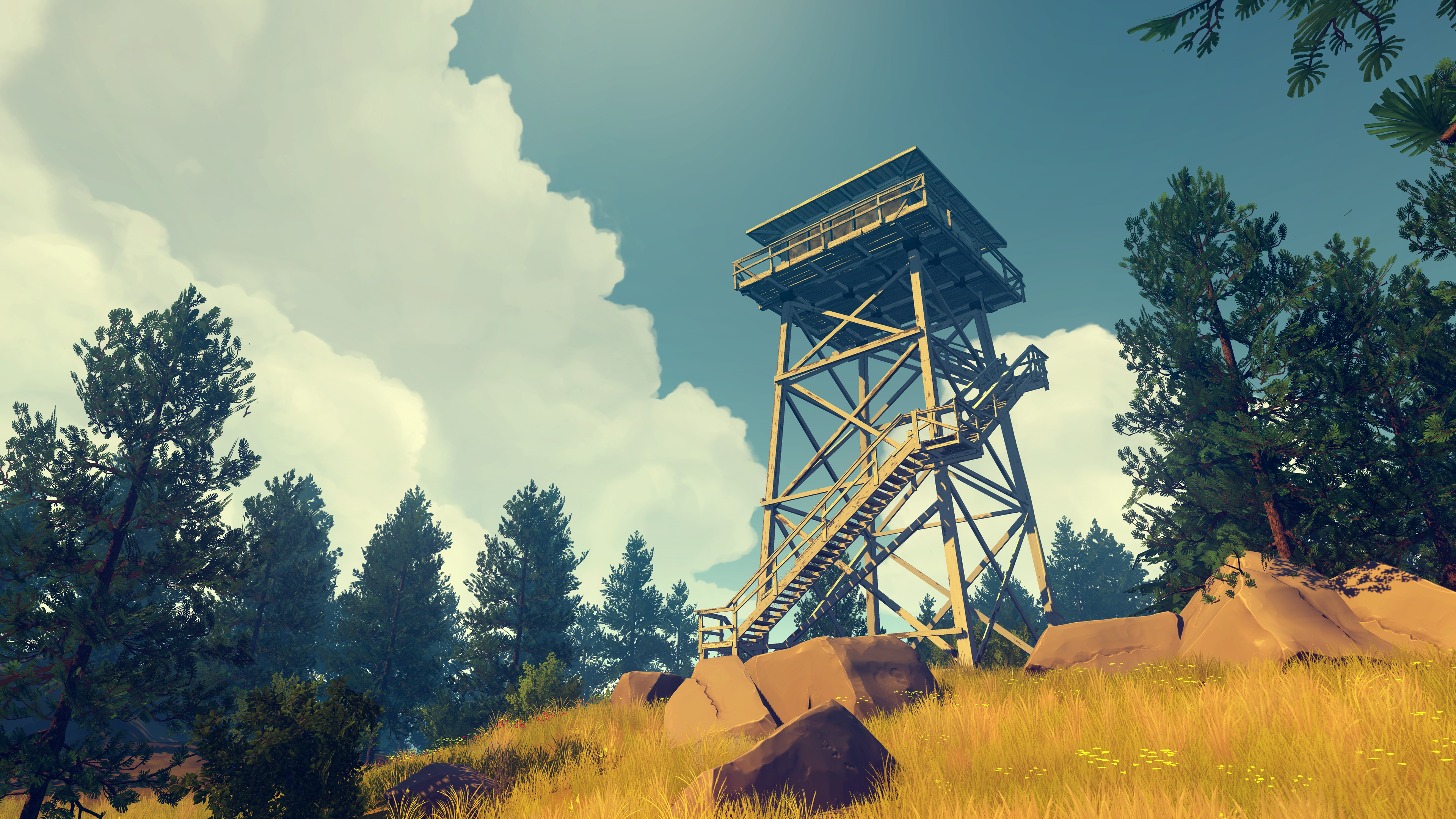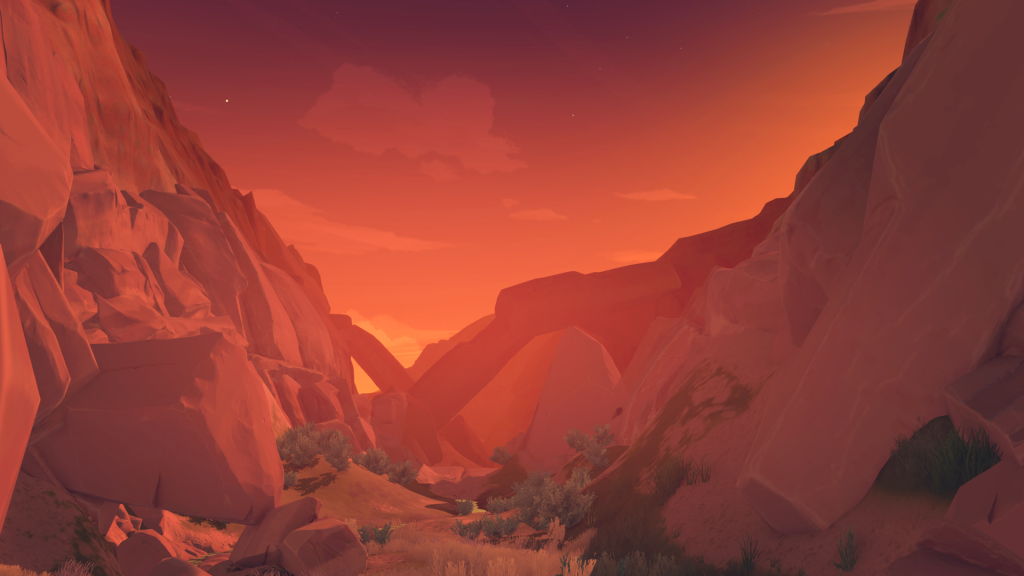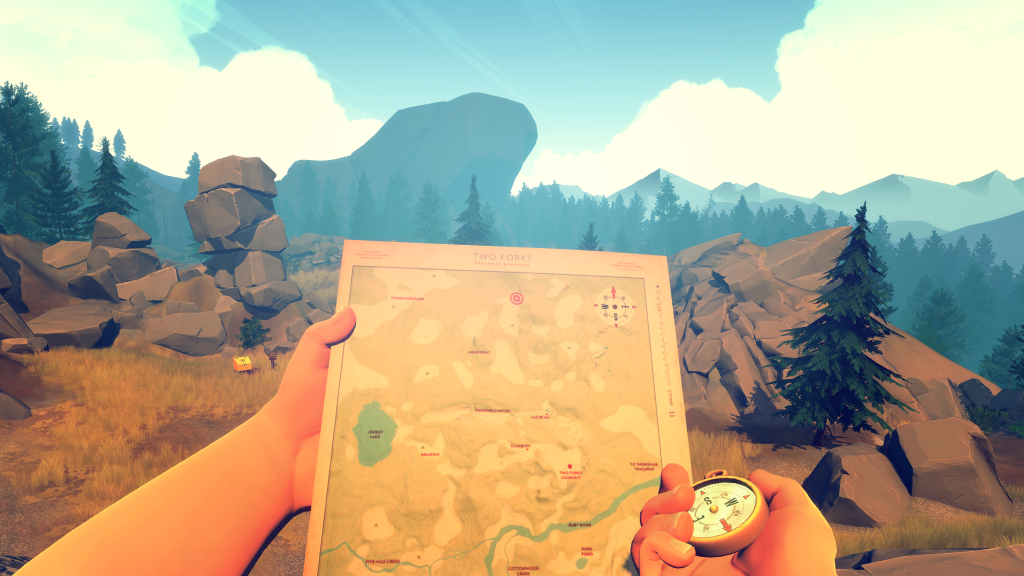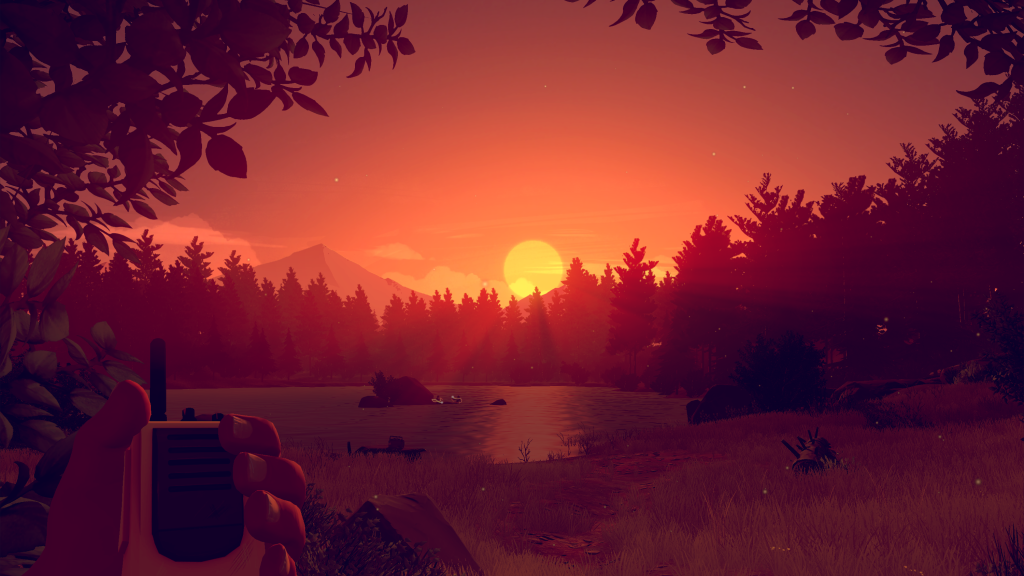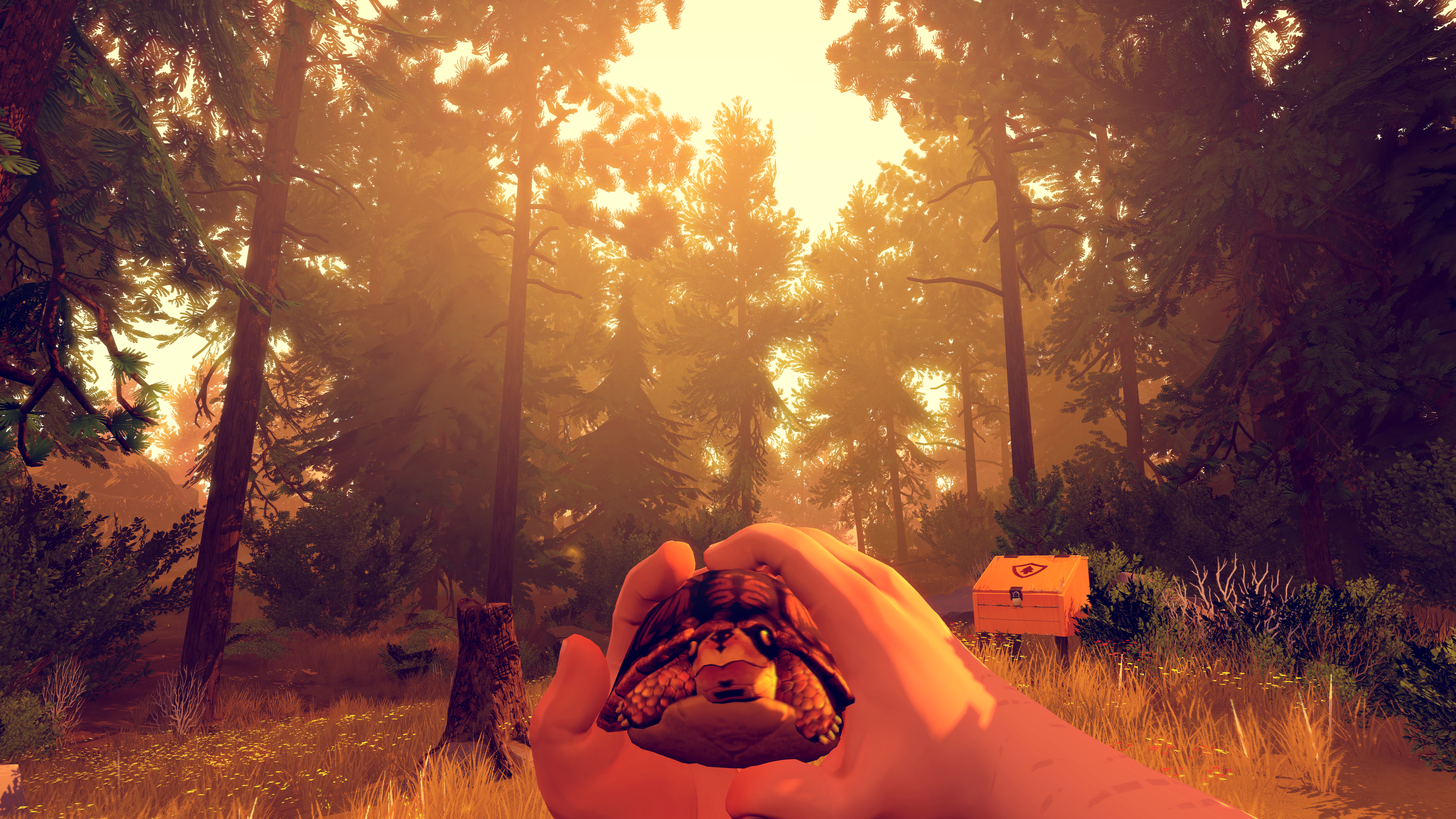What is Firewatch? Firewatch is an emotional experience in an incredibly well-crafted world by developer Campo Santo, balancing exploration, discovery and mystery in a beautiful wilderness environment.
Firewatch
Developer: Campo Santo
Price: $20
Platform: PS4, PC
MonsterVine was provided with codes for review.
Firewatch is set over the summer of 1989 but opens with a prologue. The strong narrative introduction to the main character, Henry, sets the stage for a mature audience and builds the tone for the entire game. The gameplay starts like a visual novel and tells the premise for why Henry ends up taking a job in the Wyoming wilderness as a lookout. I enjoyed this opportunity to both familiarize with Henry and also putting my own spin on the backstory. I wish more narratively driven games would give players an introduction like this. It establishes Henry as Henry, a person with experiences, ideas and flaws, separating the player from the character. By realizing this was Henry’s story and not mine, I was easily able to accept his flaws and when his choices or responses differed from my own.
The real game begins on the first day of a three-month stint, living in a watchtower, presumably to watch for fires and call them in. The setup is grounded in a way that was easy to relate to. No superficial end of the world hero complex here. Instead the game focuses on the feeling of being alone in nature. How isolation affects a person and how easily a relationship can form without ever needing to meet the person face to face. Early on, the groundwork for a mystery is laid out in a way that is both exciting and nerve-racking. I found myself gasping on multiple occasions. During one section of the game I was stressed and genuinely worried about the characters in a way I didn’t expect possible without having a health bar (Firewatch has no health bars).
Almost the entirety of the storytelling in Firewatch is done through 2-way radio conversations between Henry and his direct supervisor Delilah. The performances for Delilah and Henry are incredibly well done, as they needed to be able to convey as many emotions as are present within the conversations. Delilah is often delivering sarcastic quips and cheesy wordplay evoking responses so natural by Henry that I felt like I was out there in the wilderness listening on their conversation. Initiating conversations based on objects in the environment and having a variety of responses to chose from, depending on the situation, is one of the main gameplay mechanics. Similar to a modern adventure game (think Telltale) players will often have three or more responses to have Henry deliver. In Firewatch these choices shape the conversations in the moment as well as later. On my second playthrough I noticed several entire conversations which I was not privy to on my first experience, all because of what I did or didn’t say.
While a majority of the gameplay is based on conversational choices the rest is exploration. The exploration mechanics are restricted to what type of gear the player has. The earliest example being you can’t get up or down tall ledges without rope. Firewatch takes place entirely in one section of Wyoming wilderness, which at first seems like a huge environment is actually very manageable, mostly thanks to a well implemented sprinting mechanic and discovery of new paths or shortcuts with new equipment.
You won’t want to be sprinting all of the time because Firewatch contains some breathtaking views. The way that the sunsets and sunrises change the sky, the sun’s rays pierce through smoke, dust and trees. Take advantage of your screenshot tool and the in-game disposable cameras there are plenty of desktop wallpaper potentials in Firewatch. A lot of these scenes are paired with some wonderful melodies that fade in from the sounds of blowing wind and chirping birds. I found these perfectly timed music moments with magnificent views gave me a sense of presence, like I had climbed this hill myself and claiming the view as my reward.
As a narrative driven experience there is only one specific order in which tasks must be accomplished, but the player still has quite a bit of freedom in exploring the environment. The open world is easy to navigate thanks to an in-game paper map that the player has access to at all times. Luckily since this is a videogame, Henry’s real-time location and last few steps are always represented. I liked how Campo Santo struck this balance between giving the player precise location information while still conveying the experience of using a paper map and a physical compass to navigate.
Firewatch is not without it’s flaws. The PS4 version suffers from an inconsistent framerate with some stuttering and tearing, but as a whole didn’t take away from the beauty and sense of wonderment that filled me. That being said, If you have a modern, moderately powerful PC you will find the best experience on that platform, with an added feature tied in with the in-game disposable camera.
.

The Final Word
Firewatch is shining example of how to make a modern adventure game. The conversations are natural, well written and well acted and the choices seem impactful to future dialogue. The beautiful scenery and music make only help to establish the mysterious mood. Firewatch is a great game, with a compelling story wrapped in a beautiful four hour package. If you have experience exploring the outdoors, or want to better understand what it is to duality of feeling like a pioneer in an undiscovered location while simultaneously feeling secluded and vulnerable Firewatch might resonate as strongly with you as it did with me.
– MonsterVine Rating: 5 out of 5 – Excellent



